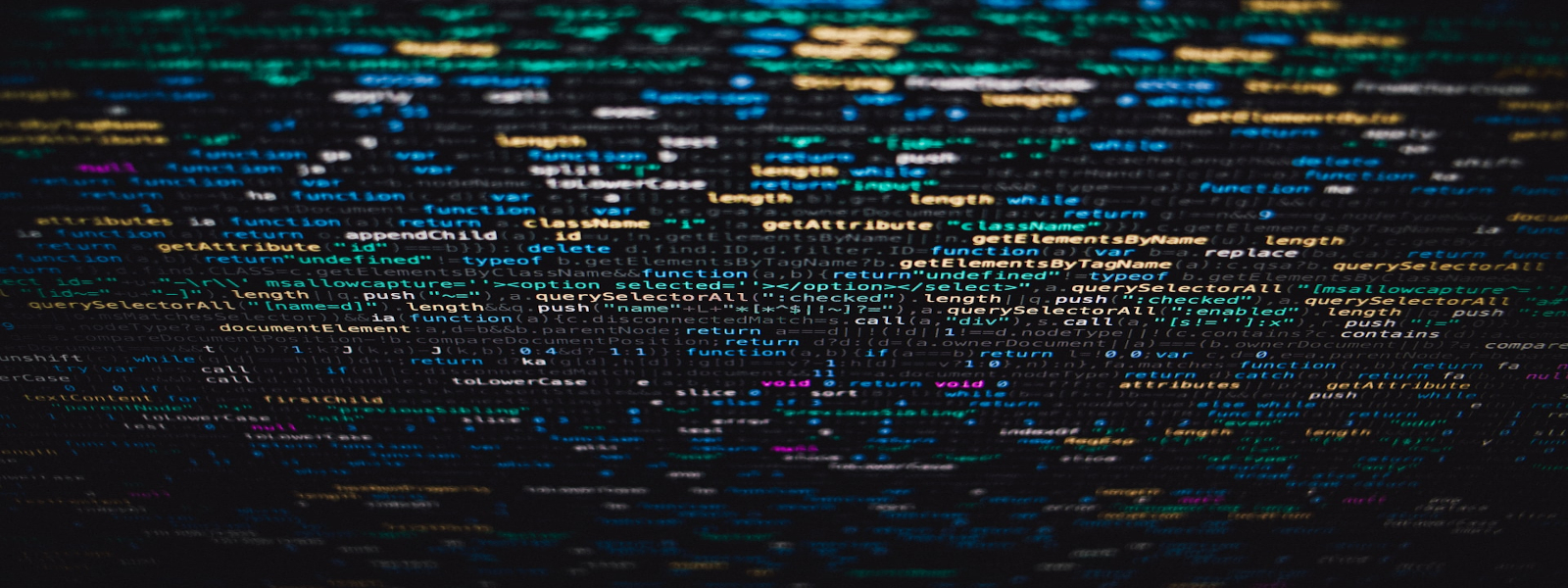2nd to 18th of December 2020
Course organisation
The course will the divided in 5 lectures, from 2nd to 18th of December 2020, each covering one of the five days of course, for a total of 30 hours. A morning theoretical session (9:00 to 12:00) and an afternoon hands-on session (14:00 to 17:00) will be provided.
Topic overview
For both academia and industry, MATLAB is an essential tool for state-of-the-art research in science and engineering. The MATLAB integrated development environment and straightforward interface allow users to quickly command the computational power of the toolkits, simulation, and modelling capabilities that constitute a development tool that has no rival. For this reason, MATLAB stands as a de facto programming language and environment, assisting the technical necessities of a broad range of engineers, researchers, and scientists. Therefore, a solid foundation in MATLAB is a valuable skill in the present job market. This course teaches computer programming fundamentals to those with limited to no prior experience, using the MATLAB programming system and language.
Assistant Prof. Andrea Coraddu, from the University of Strathclyde, is delighted to offer a hands-on approach to developing these skills targeted in towards applications in vibrational analysis and energy harvesting. In this course, we will use MATLAB to explain general concepts in programming, which are general to any field of research or problem-solving, to build a strong foundation of programming concepts.
The course will advance to cover, vectorisation, function handles, and algorithm efficiency during the morning sessions. The afternoon sessions will then cover the application of these concepts in vibrational analysis and energy harvesting during applied numerical sessions.
All course material will be made available for a complete understanding of the related subjects, as well as for future consultation.
